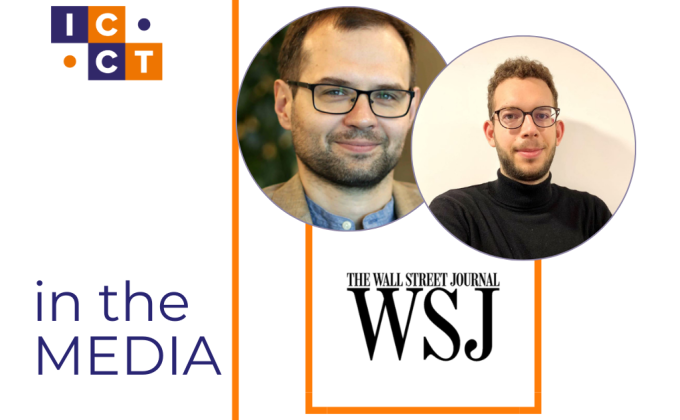ICCT expert Teun van Dongen, Head of the Current and Emerging Threats Pillar, was interviewed by the Mexican newspaper El Universal on the impact of the Taliban rule over Afghanistan's population and its effects on global security.
Read the full article (in Spanish) below.
van Dongen commented how the consequences of the return of a fundamentalist ideological regime have been devastating for a population: "The Taliban have consolidated themselves in Afghanistan as the organization in power, through all kinds of repression and inadequate economic management".
Simultaneously, global security has been compromised, he said. At first, researchers thought that Afghanistan's enormous dependence on international assistance and the World Bank to subsist economically would have to "soften" the Taliban. Unfortunately, continue van Dongen, the Taliban successfully turned to other sources of financing and actors, specifically India, Russia, China and Turkmenistan, with whom they have been building good relations by not conditioning their interests on human rights issues and welfare for the population.
Further, van Dongen remarked on Al-Qaeda and ISIS regional spread making Afghanistan a hub for jihadist groups today. The Islamic nation is currently one of the world's largest heroin and methamphetamine production centres and one of the preferred branches of jihad. Teun explained how in the last 12 months, following the military withdrawal of the United States and its allies, ISIS has expanded its tentacles in different Afghanistan regions while Al-Qaeda experienced a resurgence.
Lastly, Teun reflects on what the Taliban's rule means for the West: “There is concern that al-Qaeda will try to rebuild their transnational capacity, and it is likely that may happen in the future, but that will require a strategic change, their current priority is local and regional insurgency”.




